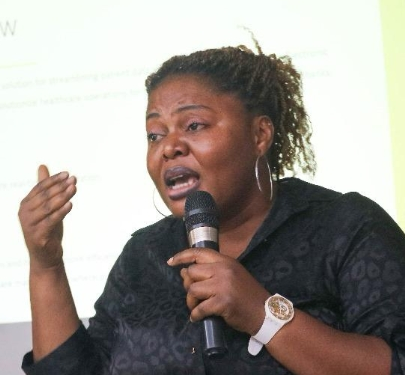A Consultant Neurologist at the University College Hospital (UCH), Ibadan, Dr Temitope Farombi, has disclosed that by 2030, Nigerians may experience three times the current burden of brain disorders.
Farombi revealed that one in four persons in Nigeria has hypertension and one in six persons have diabetes, warning that in the next five years, Nigeria would experience three times neurological conditions such as epilepsy, stroke, headache, insomnia, depression, and mental health disease.
The medical practitioner, who is a Ph.D. holder in Global Health from the University of West London, disclosed this during the commissioning of her neuro-critical and neurorehabilitation service hospital in Ibadan, called ‘Brain Centre’.
She described the commissioning as a transformative moment in the history of healthcare in Nigeria, saying the facility stands a beacon of hope, innovation and excellence, committed to improving the lives of patients with neurological disorders.
According to her: “The centre stands as a beacon of hope, innovation, and excellence committed to improving the lives of patients with neurological disorders. In Nigeria today, one in four persons has hypertension and also one in six persons have diabetes In Nigeria, These are major non-communicable diseases that are driving neurological conditions in Nigeria.
“We are here to support everyone with neurological disorders to recover and be reintegrated into the society. By 2030, Nigeria will experience three times the neurological conditions we currently have, like epilepsy, stroke, headache, insomnia, depression, and mental health diseases”.
In her keynote address, Director General of the National Agency for the Control of AIDS (NACA), Dr. Temitope Ilori, described the hospital as a game changer, saying it would bridge a critical gap in Nigeria’s healthcare system by addressing neurological emergencies and support the long term recovery of patients with complex neurological conditions.
According to the former Health Commissioner, the world-class facility is capable of addressing brain health for all Nigerians particularly for Persons Living with HIV (PLHIV). She said the hospital would transform lives and elevate the standard of healthcare in Nigeria.
“The Brain Centre symbolises hope for a future where specialised care is accessible to all. It reflects our shared commitment to building a healthcare system that prioritizes every aspect of health, including the often-overlooked domain of brain health.
“For PLHIV, the Brain Centre represents a future where no one is left behind, where every individual can live a life of dignity and purpose, regardless of the challenges they face,” the DG said.














